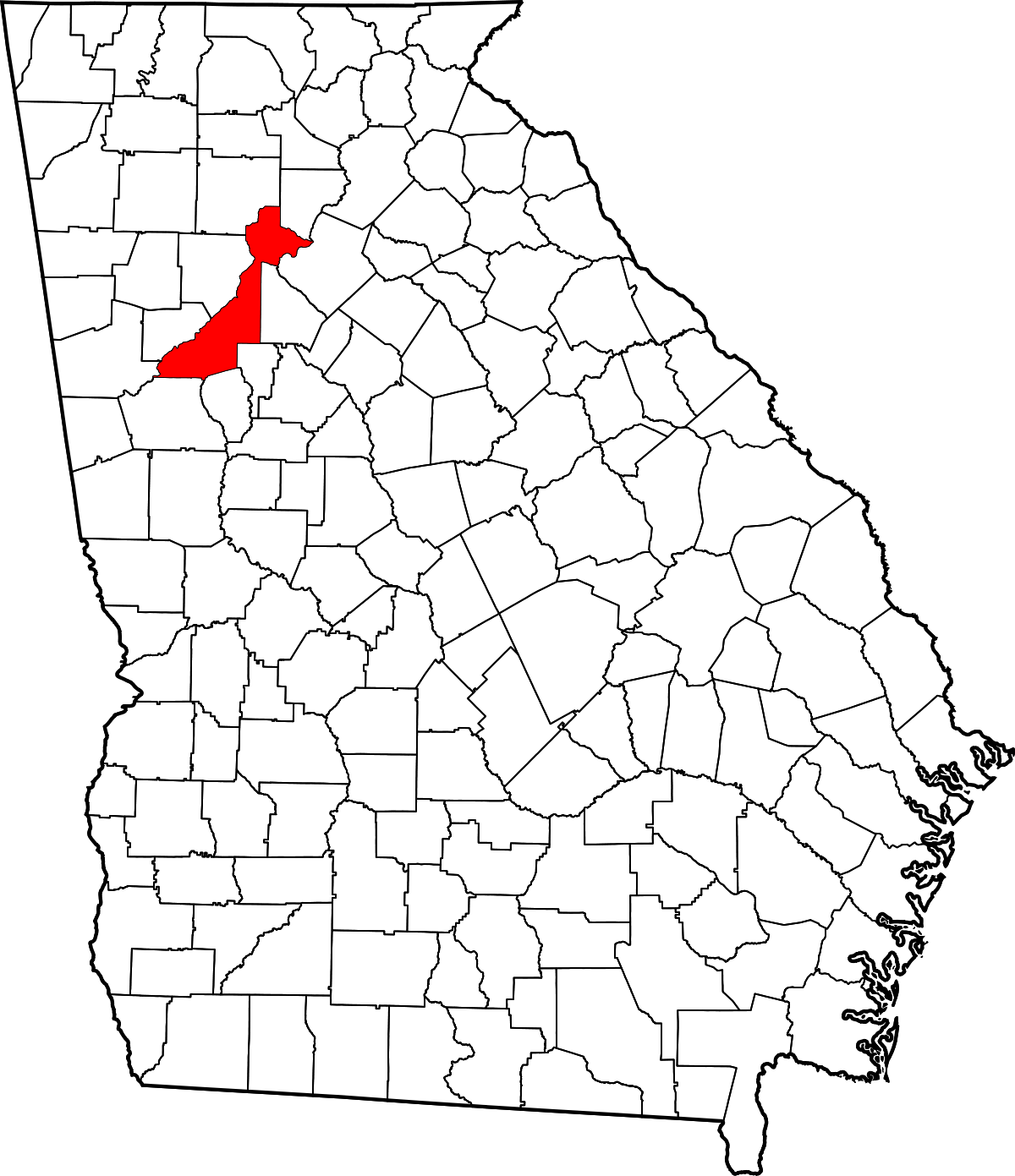
One more indictment! This time, it comes from Fulton County, Georgia, where Trump tried to bulldoze the Secretary of State into “finding” him enough votes to win. Eighteen additional friends (and 30 unnamed co-conspirators, probably anonymized to entice them to flip on the named defendants as in the recent federal indictment) come aboard for the ride with RICO violations and a conspiracy. Read the indictment in full here.
This is a lengthy indictment, containing 41 charges, the first of which is a violation of the Georgia RICO Act, which requires that the defendants “while associated with an enterprise, unlawfully conspired and endeavored to conduct and participate in, directly and indirectly, such enterprise through pattern of racketeering activity.” Beyond the strategic value of using the RICO Act as a framework for the conspiracy (it is easier to prove than its federal equivalent, and it encompasses a lot of the remaining charges, thus helping create a streamlined narrative), there’s something symbolic about relying on a statutory machine birthed for the purpose of bringing down crime organizations, which, come to think of it, is exactly what this enterprise was.
One’s gotta love the simplicity of the opening paragraph:
Defendant Donald John Trump lost the United States presidential election held on November 3, 2020. One of the states he lost was Georgia. Trump and the other Defendants charged in this Indictment refused to accept that Trump lost, and they knowingly and willfully joined conspiracy to unlawfully change the outcome of the election in favor of Trump. That conspiracy contained common plan and purpose to commit two or more acts of racketeering activity in Fulton County, Georgia, elsewhere in the State of Georgia, and in other states.
After defining the relationship between the defendants and their co-conspirators as an “enterprise,” the indictment continues its on-the-nose organized crime reference by listing the “manner and methods of the enterprise”: holding hearings in which they issued false statements about the election results, repeating these falsehoods to various office holders in Georgia, convening a fake slate of electors (complete with forged documentation–as part of the Eastman-Chesebro scheme), false accusations of election workers, stealing data, soliciting the assistance of Pence and the DOJ to bring about the reversal of fortune in Georgia and, of course, the inevitable coverup, including perjury.
As per RICO requirements, the indictment then lists 161 racketeering acts, breaking the aforementioned modus operandi into discrete events. These are a real eye opener even for those of you who were following the events in real time. At the time, I was under the impression that the Trump phone call to Georgia Secretary of State Brad Raffensperger was the coup de grâce of the whole thing, and I don’t think that was far from the truth, particularly if you listen to the whole thing:
I remember listening only to the critical bit, in which Trump bullies and threatens Raffensperger, but in the full recording you can hear his usual tactics: bombard the listeners with facts that sort of sound valid but are completely false, and revert to insults, etc., when that doesn’t yield immediate submission.
Thing is, reading each of the additional acts fleshes out a story of brutal, systematic intimidation, complete with utter disregard for the safety of election workers who simply did their job and were rewarded with death threats. The remaining 40 charges are of more particular crimes: forgeries, impersonations, threats against public office holders, etc. The emerging picture is well worth the criminal enterprise framing; this indictment, even more than the federal ones, calls Trump and his lackeys what they are.




No comment yet, add your voice below!